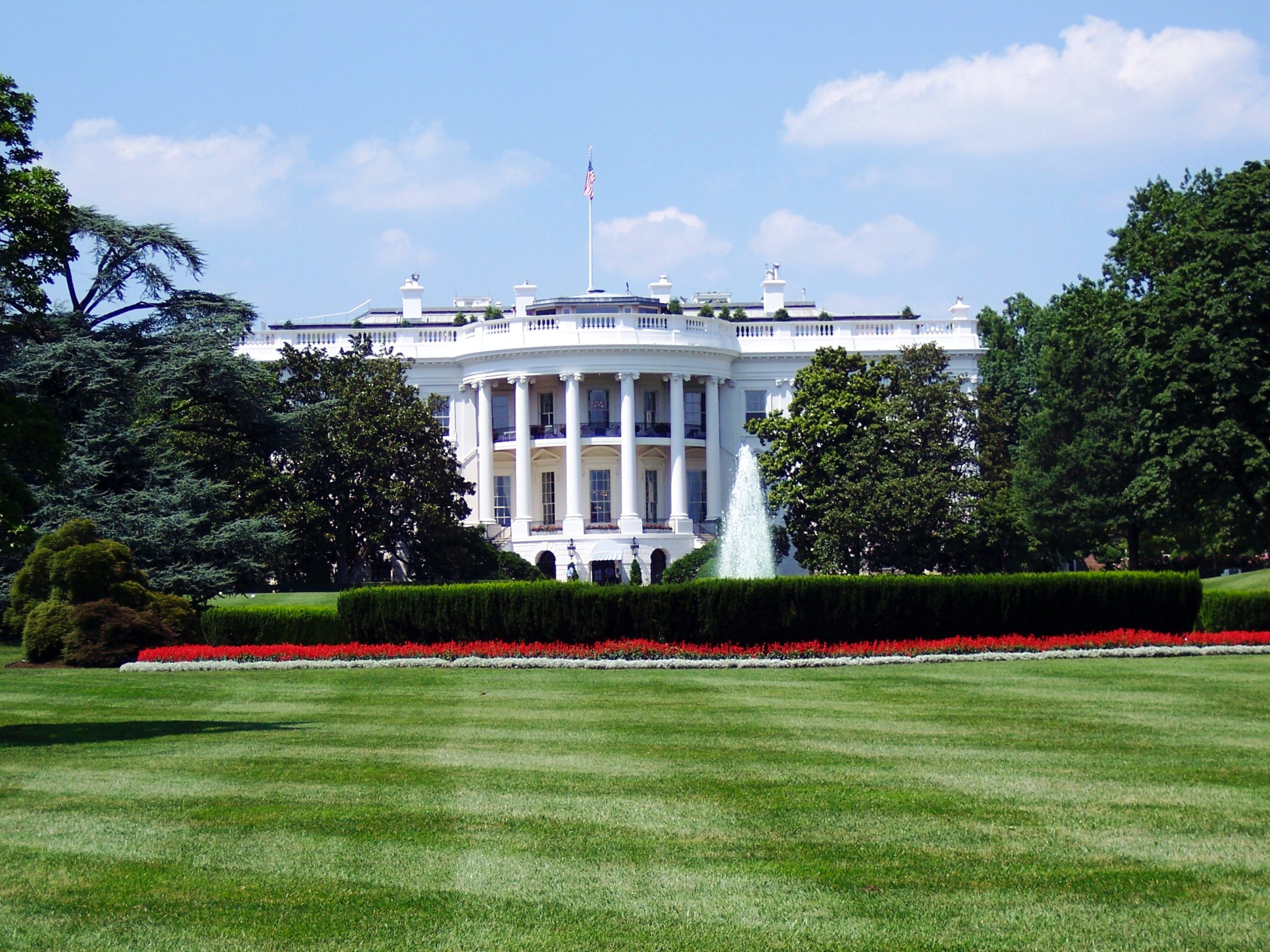
And you thought Trump’s 92% adviser turnover rate was bad? Former President Donald Trump has committed, upon reelection, to legally reclassify thousands of federal jobs to facilitate mass firings. This proposed power grab should set off alarms. The sly use of legal mechanisms to expand executive power and degrade historical checks and balances defines democratic backsliding. If Trump is re-elected, our democracy is in grave danger of authoritarian influence.
When we think of the federal bureaucracy, we think of the near 3 million employees who work to implement government policies. The Pendleton Act of 1881 laid the foundation for today’s bureaucracy; It codified a merit-based system, hiring based on one’s ability and qualifications. It rejected previous patronage and spoils systems that awarded jobs to political supporters. Although the federal bureaucracy is under the executive branch and cabinet heads are appointed by the President, most employees and operations are insulated from dramatic political influence and party change.
So, why is Trump insistent on restructuring the bureaucracy? Throughout his term, Trump publicly voiced frustrations with the inefficacy and inefficiency of the body. As a political outsider, he was unfamiliar with the reality of policymaking and implementation until he experienced it firsthand. Ziblatt and Levitsky, authors of “How Democracies Die”, describe this behavior as typical of dangerous demagogues throughout history.
In October 2020, Trump signed his Schedule F Executive Order. It created a new class of at-will federal employees, vulnerable to being dismissed at any time without reason. Thousands of career federal employees lost longstanding job security. President Biden repealed the executive order upon assuming office.
More recently, in July 2022, Trump resurrected his Schedule F Executive Order in a keynote address. He urged, “We need to make it much easier to fire rogue bureaucrats who are deliberately undermining democracy.” This rhetoric and call to protect democracy are characteristic of authoritarian leaders. Ziblatt and Levitsky explain that demagogues often frame their dangerous anti-democratic reforms, such as making bureaucracy more efficient, as a necessary effort to save democracy.
What else is characteristic of authoritarian leaders? Instilling fear in the press, political figures, opponents, and everyday citizens to exercise control. In the same keynote address, Trump said he hoped the mass firings would create a “chilling effect” on bureaucrats, forcing them to comply with his political agenda.
But Trump’s anti-democratic agenda does not stop at making it easier to fire federal bureaucrats through Title F reclassification. To fully strip the federal bureaucracy of its protection from patronage, Trump recognized the need to remove a critical check on the President’s power – the Merit Systems Protection Board (MSPB). The MSPB processes the appeals of federal employees who argue that they were wrongfully fired. Created by Congress in 1978, it is a judicial-like agency responsible for protecting the Federal merit system. It is the star defensive lineman for tackling political interference in civil service employment. The MSPB could halt Trump’s planned mass firings.
However, for the entirety of Trump’s term, the MSPB had been without a quorum and, therefore, inoperable. Why? Trump failed to nominate new members for nomination, intentionally killing a Congressionally established check on the executive. As a result, a historical backlog of over 3,000 appeals were unable to be reviewed. If Trump had another term in office to reimplement his Schedule F Executive Order alongside an inoperable MSPB, there would be major implications for our state of democracy.
Trump’s interference in the MSPB went beyond rendering it inoperable. He formulated a grave internal conflict of interest. In December 2018, he nominated the single remaining MSPB member, Mark Robbins, to serve concurrently as acting general counsel to the Office of Personnel Management. Therefore, Robbins was working for both an executive branch agency and an independent body charged with investigating executive agencies at the same time. His roles directly conflicted. This was a strategic move by Trump to exert political influence and power into the MSPB.
Why is an autonomous bureaucracy protected from political control and intrusion so important? Scholars Huq and Ginsburg explain that the formal rules of bureaucracy act as a critical barrier to inappropriate executive overreach. Here, Trump tried to overhaul the formal rules. Huq and Ginsburg also explain that a true bureaucracy guards against patronage. Ironically, the Schedule F reclassification promotes patronage.
The combined effects of Trump’s Schedule F Executive Order, rhetoric, and manipulation of the MSPB constitute democratic backsliding. Scholars Huq and Ginsburg identify 5 mechanisms of constitutional retrogression or democratic backsliding. Two of which are present in this case. Trump utilized 1) the elimination of institutional checks and 2) the centralization and politicization of executive power. Although we typically think of courts and legislatures as primary institutional checks, the MSPB is also a check on executive power eliminated by Trump. The reclassification of the bureaucracy to facilitate mass firings, instilling fear in federal employees, and politically influencing the MSPB through a conflict of interest all satisfy the second mechanism.
This discussion is incomplete without acknowledging the role of norms in upholding a democracy. Since the Pendleton Act, bureaucrats have largely been protected from patronage. President Biden did not have to cancel the Schedule F Executive Order upon assuming office. In fact, he could have used it to his advantage to purge the bureaucracy and create a politically loyal army. But he didn’t, and neither did any other post-Pendleton Act President. Again, this speaks to former President Trump’s authoritarian influence and contribution to democratic backsliding. We must ask ourselves; do we want a leader with anti-democratic preferences back in office?

0 Comments